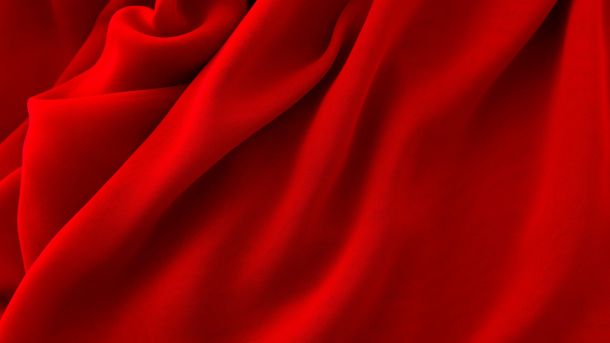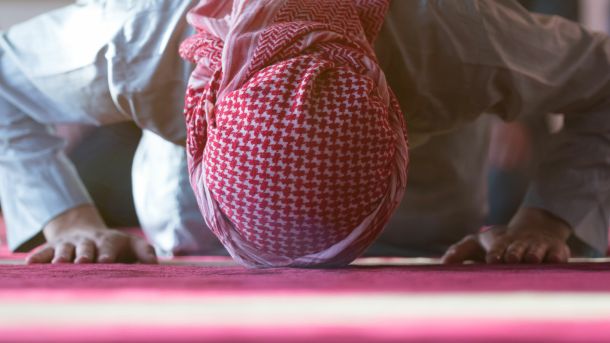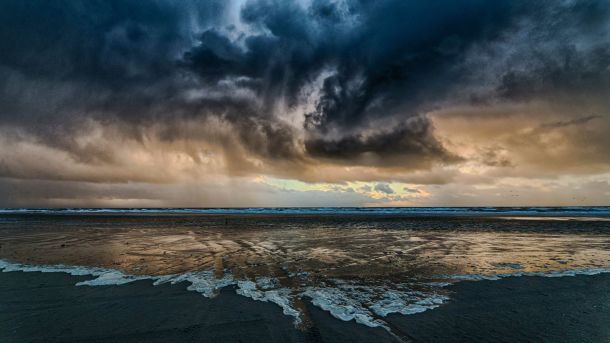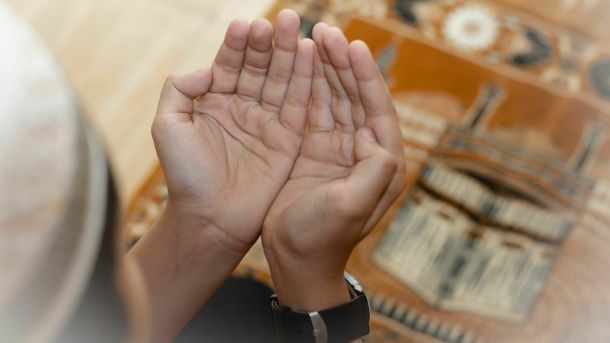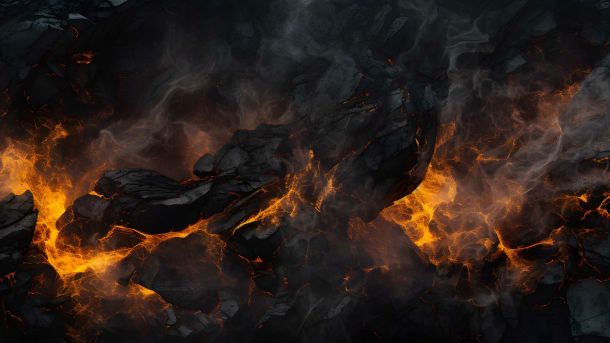News Archive
Feb 29, 2024
Articulating Specific Intentions for Specific Prayers
The Opinion of the Ḥanbalī Madh`hab
According to the Ḥanbalī madh`hab, one must hold an intention for every ṣalāh performed. That is, whoever wishes to pray should hold an intention to pray the specific ṣalāh he is about to perform. For example, if a person wishes to pray Ẓuhr, he must hold the intention for Ẓuhr ṣalāh. Likewise, if he wishes to pray Fajr, he must intend to pray ṣalāh al-Fajr. If he wishes to pray witr, he must intend to pray ṣalāh al-Witr. If he intends to pray supererogatory prayers, then it is sufficient for him to simply intend to pray without specification of any particu…
Feb 29, 2024
The Ruling on Men Wearing Dark Red Coloured Clothing (and Clothing that Specifically Resembles the Disbelievers)
It is considered disliked for men to wear safflower-red or saffron-crimson [darker shade of red] clothing. This dislike should be interpreted as one of avoidance (tanzīh). We must acknowledge, here, that if the contemporary jurists use the word ‘disliked’, they are referring to that which is better avoided, rather than an action that is disliked to the extent that it is completely ḥarām.
‘Crimson’, here, refers to that which is dyed with saffron. ‘Red’ refers to that which is dyed with safflower. Both of these colours are disliked for males. The evidence of this is that the Prophet (صلى الله…
Feb 29, 2024
The Intention When Leading Prayer or Being Led in Prayer
Both leading the ṣalāh and being led [in ṣalāh] are actions that require intention. This is because congregation is considered an additional circumstance to the fundamental action of ṣalāh. For this reason, we say: The intention of praying in congregation is obligatory prior to starting the performance of congregational prayer, it is not simply achieved by praying it. Thus, does this [additional] circumstance [of leading others or being led] require a specific intention, or would it be sufficient for a person to simply follow the actions of another? The answer to this is provided by our state…
Feb 29, 2024
The Creation Intends to Benefit from You While Allāh Seeks Only Your Benefit
On the authority of Abū Dharr (رضي الله عنه): The Prophet (صلى الله عليه وسلم) narrated from his Lord—the Exalted in Might: “O my servants! You shall never be able to benefit me in any way, nor will you ever be able to harm me in any way. O my servants! It is only your deeds which I enumerate for you. Then, I recompense you in consideration of them. So whomever is recompensed with goodness, let him praise Allāh. Whomever encounters other than that, let him blame none but himself.”
Narrated by Muslim: 2577
Imām Ibn al-Qayyim comments:
The creation does not intend to cause you benefit in the…
Feb 29, 2024
Seeking Refuge in Allāh from the Challenges of Life Using the Encompassing Speech of the Prophet (ﷺ)
In an authentic ḥadīth: the Prophet (صلى الله عليه وسلم) used to say:
اللَّهُمَّ إِنِّي أَعُوذُ بِكَ مِنَ الْهَمِّ وَالْحَزَن، وَالْعَجْزِ وَالْكَسَل، وَالْجُبْنِ وَالْبُخْل، وَضَلَعِ الدَّيْن، وَغَلَبَةِ الرِّجَال
“O Allāh! I seek refuge in You from stress and sadness, inability and laziness, cowardice and selfishness, the rigours and severity of being in debt, and being subjugated to the command and whims of men.”1
Imām Ibn al-Qayyim comments:
He (صلى الله عليه وسلم) sought refuge from eight things, every two of them are associated with one another.
Stress and sadness accompany one anothe…
Feb 29, 2024
The Bequest of Muḥammad ibn Aslam al-Ṭūsī on His Deathbed
Narrated by Muḥammd ibn al-Qāsim, the servant of Muḥammad ibn Aslam al-Ṭūsī, who said: “I entered upon him four days before his death. He said to me: “Come here and allow me to give you glad tidings of the good Allāh has done for your brother: Death has descended upon me and Allāh has blessed me to possess but a single dirham for which I am accountable. So shut that door, and do not grant entry to anyone so that I may die. And know that I am leaving this dunyá without any inheritance save for my clothing, my wool [blanket], my vessel which I use to perform wuḍūʾ, and my books.”
He also had…
Feb 25, 2024
Christian Worship Is Far Removed from the Beliefs and Practices of Prophet Jesus (ʿalayhi al-salām)
“For verily, Jesus did not set an example for you [Christians] of belief in the trinity or the opinion of intersecting spheres of existence [i.e. trilateral godship: the father, the son, the holy spirit]. Neither did he ever say that he is the Lord of all created things. Neither did he make permissible for you the flesh of the swine or other than it from impermissible [foods]. He never ordered you to leave circumcision or praying towards the east. He never ordered that you take your scholars and monks as gods besides Allāh [through taking legislation from them instead of the Gospel and Jesus]…
Feb 25, 2024
Exalting Allāh’s Command to Pray
A man may fulfil the commands of Allāh solely because of the creation’s gaze towards him, or out of seeking a place of high standing or repute before them. Likewise, he may refrain from engaging in that which is forbidden solely out of fear of losing his position of honour before them or out of fear of the prescribed punishments of this worldly life set by the legislator for the perpetrator of certain crimes. The actions that are carried out, and those that are abandoned by such a person are borne not out of exaltation of the orders and prohibitions themselves, nor do they come from exaltatio…
Feb 25, 2024
The Reality of Cause and Effect: Understanding that Tawḥīd Is the Sole Refuge from the Sorrows of the Worldly Life
Imām Ibn al-Qayyim (d. 751 AH) said:
There is no possible cause in existence that is completely independent in its ability to exert an effect.1 Rather, all causes will cease to have any effect at all until it is joined by another cause that works in tandem with it and any preventive factor that prevents its effect is neutralised. This rule is inclusive of the causes that we see and acknowledge, those that are unseen, and metaphoric. For example, the effect of sunshine on animals and plants is predicated on many other causes. This includes, for example, the place that is exposed to that sunsh…

